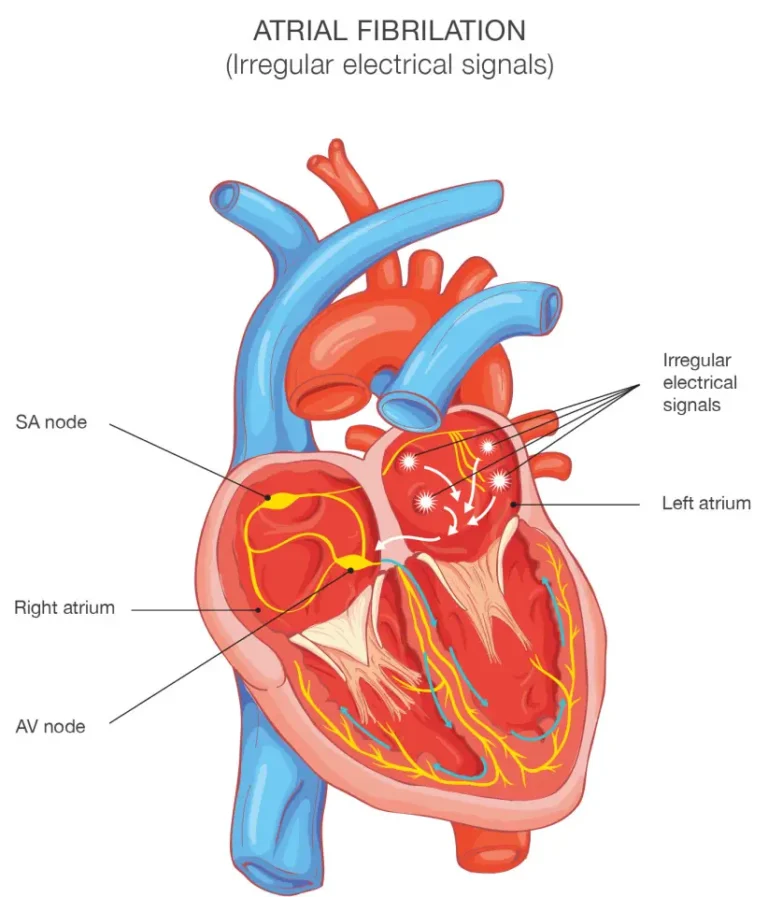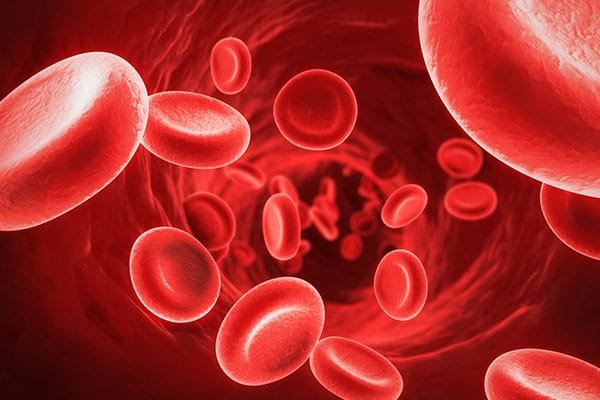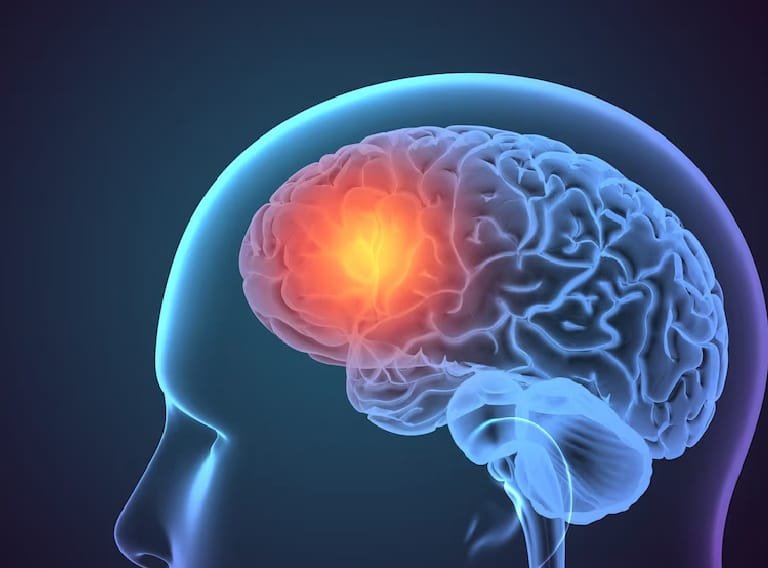
Atrial Fibrillation (AF) explained
Although we treat all forms of cardiac arrhythmia, atrial fibrillation is the commonest and most confusing for patients, so here is some more information.
Although we treat all forms of cardiac arrhythmia, atrial fibrillation is the commonest and most confusing for patients, so here is some more information:

Although we treat all forms of cardiac arrhythmia, atrial fibrillation is the commonest and most confusing for patients, so here is some more information.

A rapid and irregular pulse is the commonest sign of AF and is usually the way in which it is discovered in people without any symptoms.

The most important thing is to confirm whether you do have AF or not. This is done by recording the electrical activity of the heart during your symptoms (or when

The truth however is that it is rarely the fault of the patient – so do not blame yourself. AF is strongly associated with underlying cardiovascular problems such as high

In the past AF was considered a completely benign condition, in other words a condition that is not harmful. Doctors and other health professionals who have kept up to date

We have more than one arrow in our quiver. AF can be treated with medication or ablation

There are a number of different techniques used at the moment which are evolving rapidly. The latest technique involve electroporation (also known as pulsefield ablation) or cryo-ablation for atrial fibrillation

Wat is die verband tussen jou hart en beroerte, en waar pas antistolmiddels in? Een een aspirien per dag gaan nie beroerte keer nie.

Die nuutste ablasie-tegnologie om atriale fibrillasie te behandel, antistolmiddels en die ChadsVasc Score word alles ingespan om jou brein teen beroerte te beskerm. Vind uit wat is die jongste verwikkelings,

Atriale Fibrillasie, die algemeense hartritme-defek, word nou by CTAFC ook met nuwe tegnologie behandel. Die eerste geval in Afrika waar ’n pasiënt met revolusionêre nuwe tegnologie behandel is om ‘n